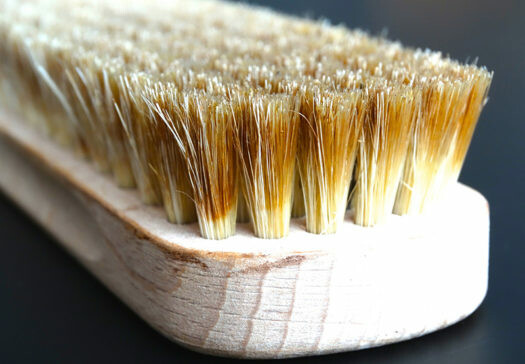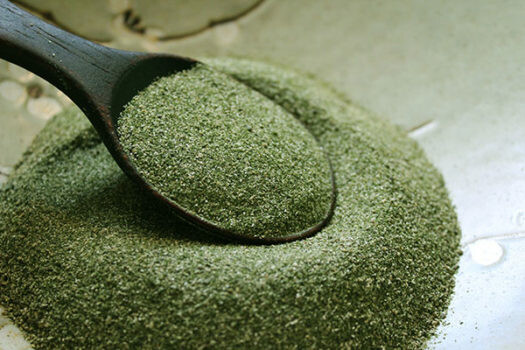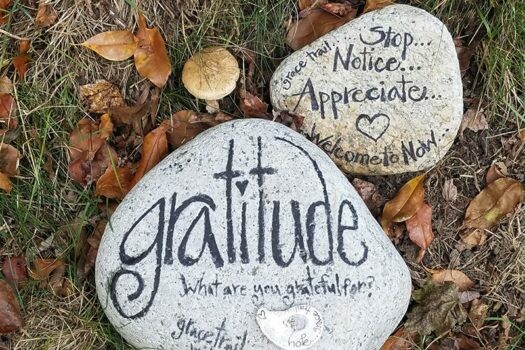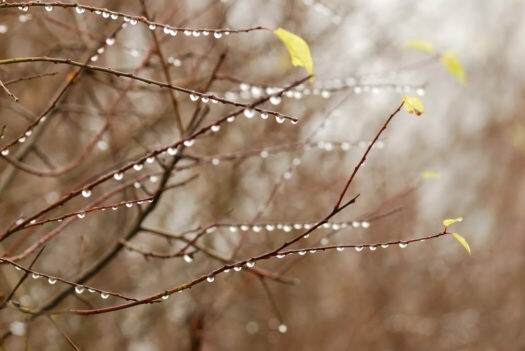
In Japan, they call it shinrin-yoku, a term that means “taking in the forest atmosphere” or “forest bathing,” using all 5 senses to experience it fully. Others call it “Forest Therapy.”
My husband and I like to call it trail riding and horse camping, and both are our way of connecting with nature and de-stressing. There is nothing like riding in the natural backcountry for a couple of hours, seeing, hearing and smelling nothing but nature. We have found that this is a great way for us to relax, become calmer, more reflective, and refreshed; and a way to take care of ourselves that has a lasting impact.
In today’s world, stress levels are at an all-time high, and I regularly see signs that a client’s sympathetic nervous system is extremely stimulated. Reducing stress levels is often an immediate necessity so that the body can function properly, and nature therapy can be enormously beneficial. As stress levels are lowered, the body approaches the “expected” natural state of well-being, allowing immune functions to be enhanced and disease resistance to improve.
Obviously, being healthy doesn’t mean simply being free from disease or illness, but rather it is a state of well-being. Various definitions of well-being abound, but the way I prefer to describe it in relation to health is “the state in which an individual fully displays the abilities he or she was born with.”
Since every person is a bio-individual, a healthy state is possible even when living with a physical disability. This makes “being healthy” a relative term rather than an absolute definition, and encompasses the concept of living a constructive and positive life. When viewed in this manner, “health” should be a means to living your best life, not a goal that you are striving to obtain.
Connecting With Nature
I believe that connecting with nature is an important part of our multifaceted approach to health, and this is supported by a number of scientific studies over the last several decades. These studies have demonstrated how simply being in wild or natural areas brings about a healing effect.
For example, many trees and plants give off organic compounds called phytoncides which have antibacterial and antifungal qualities that help plants fight disease. When you breathe in these chemicals, your body responds by increasing the number and activity of a type of white blood cell called natural killer cells or “NK.” In one study, increased NK activity from a 3-day, 2-night forest bathing trip lasted for more than 30 days.
A stroll in a wooded area can help your stress hormone cortisol decrease almost 16 percent more than when you walk in an urban environment. Blood pressure shows improvement after about 15 minutes, and women who logged two to four hours in a forest on two consecutive days saw a nearly 40 percent increase in the activity of cancer-fighting white blood cells, according to one study. “Phytoncide exposure reduces stress hormones, indirectly increasing the immune system’s ability to kill tumor cells,” says Tokyo-based researcher Qing Li, MD, Ph.D., who has studied shinrin-yoku. Even if you don’t live near a forest, studies suggest that just looking at green space – say, the trees outside your office window – helps reduce muscle tension and blood pressure.
Eight Proven Benefits Of Forest Therapy
- Boosts immune system functioning, with an increase in the count of the body’s Natural Killer (NK) cells.
- Lowers blood pressure
- Reduces Stress
- Improves Mood
- Increases ability to focus, even in children with ADHD
- Accelerates recovery from surgery or illness
- Increases energy level
- Improves sleep
Thousands of tired, nerve-shaken, over-civilized people are beginning to find out that going to the mountains is going home. Wilderness is a necessity. – John Muir
The Restorative Power Of Nature
There is a great deal of scientific research available that firmly establishes the many benefits of spending time in nature. Much of it comes from Japan, although there is a quite a bit of research from other countries as well.
Is it the clean air and lack of noise pollution? The freedom from daily stresses and the ever-present technology we are consumed with? Or is it the presence of the phytoncides mentioned earlier? For me, it’s enough to know that the benefits of exposure to nature are real and measurable. And in an increasingly distracting and distracted world, they’re more important than ever. I think we all need a little bit of Forest Therapy, how about you?
For more information on forest bathing, visit the shinrin-yoku website.
Disclaimer: The information contained herein is not to be construed as medical advice and is not intended to diagnose, treat, or cure any medical condition. These statements made have not been approved by the FDA, nor should they be taken as a substitute for medical advice from a licensed physician.
Affiliate Links: Some links on my website and emails are affiliate links. Should you click on these links and decide to purchase anything, I will receive a small commission and you will have my sincere thanks for supporting Tina’s Healthy Living.












